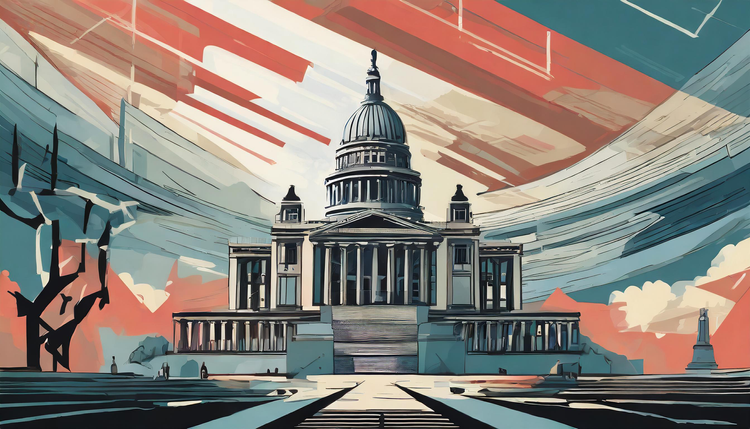Write Now
Normally, I'm not a guy who encourages others to jot down their random thoughts. But these are not normal times.
Everyone on lock-down has a civic duty: put pen to paper every day. Record your observations, thoughts, and feelings until this mess is over.
Why write?
Everything is happening so fast, but every day feels like groundhog day. Is today Monday or Thursday? Hard to tell. I barely remember what happened on Friday.
But I do know something. Today's count – those lost, those sick – will be worse than yesterday's. This trend of trauma will continue for a while.
If we make it out of this nightmare, we need to talk about how a terrible but manageable (see: South Korea) public health situation became an out-of-control, generational failure.
In a functional society, this conversation would be unpleasant, uncomfortable, and unsparing. It would force us to face some ugly truths about ourselves, our leaders, and our institutions.
To pull it off, we need to remember the crazy in color. No distortions. No rose-colored glasses. No generalizations. No posturing. All of us need to record our feelings right now, so we do not forget the very important details later.
Our kids and grandkids will want to know the whole truth. They will ask us how it felt to lose 30% of our retirement savings in one month? They will ask us what it was like to be a stay at home dad, remote worker, home-school teacher, and functional person all at once? How it felt when our wife, mom, sister, or loved one volunteered to leave safety for unimaginable work conditions in a hospital?
They will ask who stepped up and who made things worse. We need to tell them the truth.
The State of Affairs
We're in the first quarter of this thing, but here are some preliminary observations:
- Is the wealthiest country in the world really okay with sending its nurses, NP, doctors, and health workers into battle against a pandemic without enough medical equipment? Would we send our troops into war without guns or ammunition?
- The top leaders from the world's most powerful countries, China and the US, are lying in the middle of a pandemic. No one believes that only a few thousand people died in Wuhan. No one thinks the US is doing a great job. How can any society function when its leaders lie about everything?
- Collective action is a fascinating, frustrating human problem. Everyone is facing the same pandemic, so why are some people willing to sacrifice so much while others go on spring break?
- A crisis is like an x-ray of people. It shows us the good, bad, and plain ugly. While our national leaders have continuously failed, our local leaders have done us proud.
Lest you think it is too late to start recording, consider the following increasingly plausible, perhaps even possible, scenarios that could happen next week or next month:
1) 10,000 people die in overflowing hospitals on a given day; 2) Supplies are so limited that there is a nationwide decision to deprioritize care for people over the age of, say, sixty; 3) National Guard troops are ordered to "do what it takes" to enforce stay at home laws; 4) With unwavering support from an entire political party and 40% of the population, Trump uses the crisis to "postpone" the presidential election.
Think these once-wild scenarios are impossible? Remember who is in charge. Nothing is impossible.
When it happens, we may be unprepared, but we cannot be surprised. By recording ourselves through the crisis, we will at least know exactly what we have seen, how we have felt, and what we planned to do about it when we had the chance.
Long after this is over, those records will tell small, isolated stories about how we beat a pandemic or how it changed us.
The least we can do is record and remember whatever happens next. Just don't do it on Zoom.





